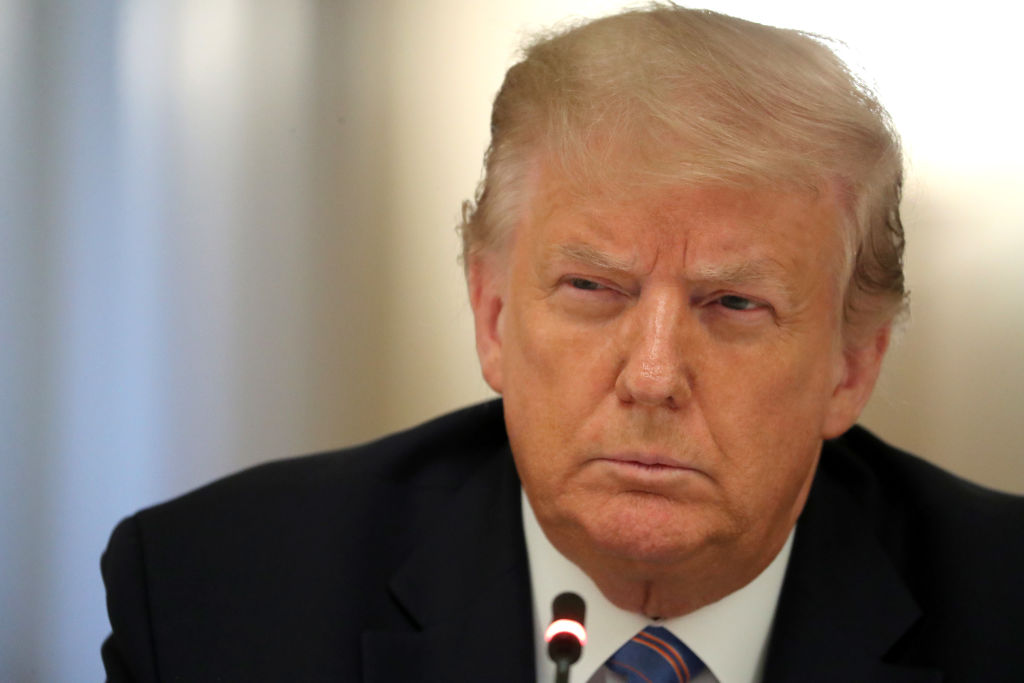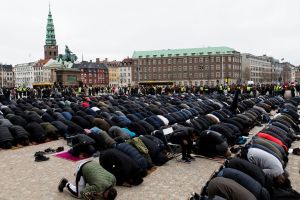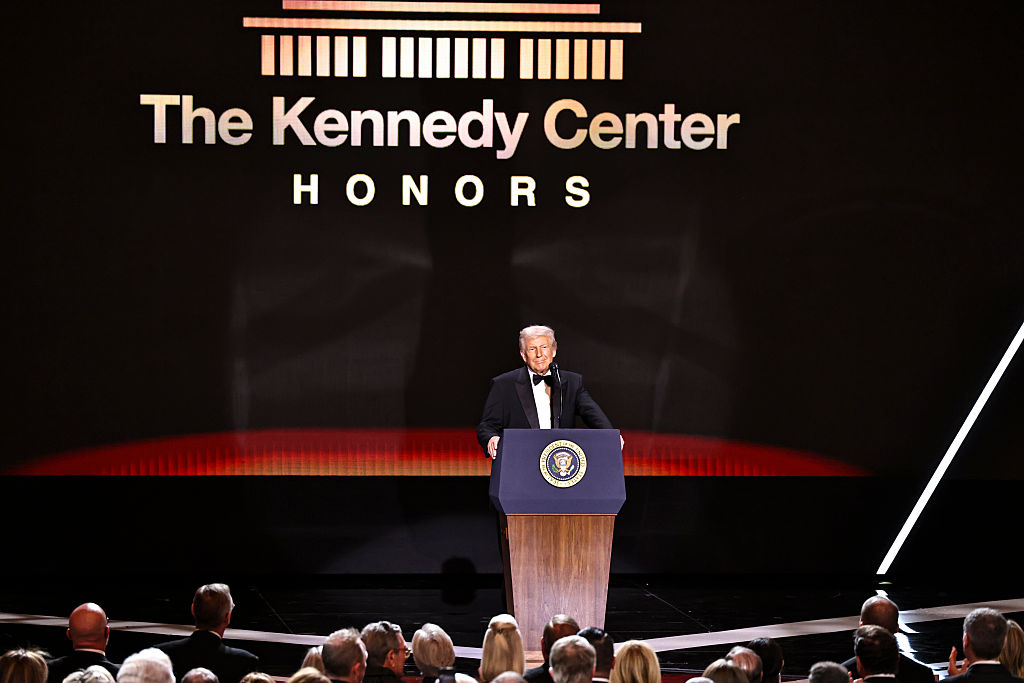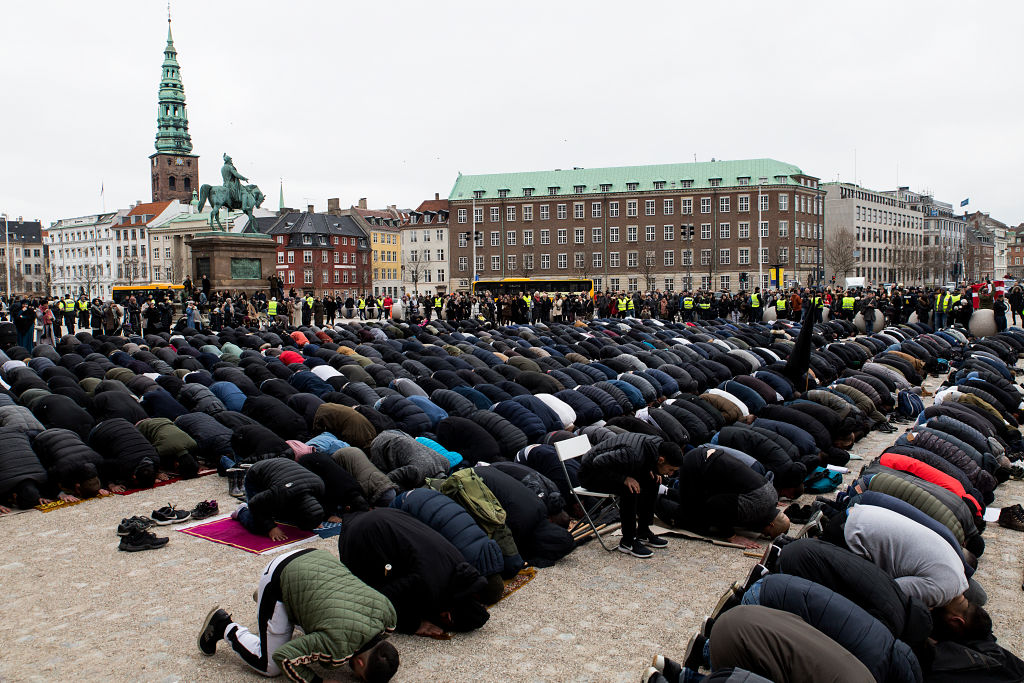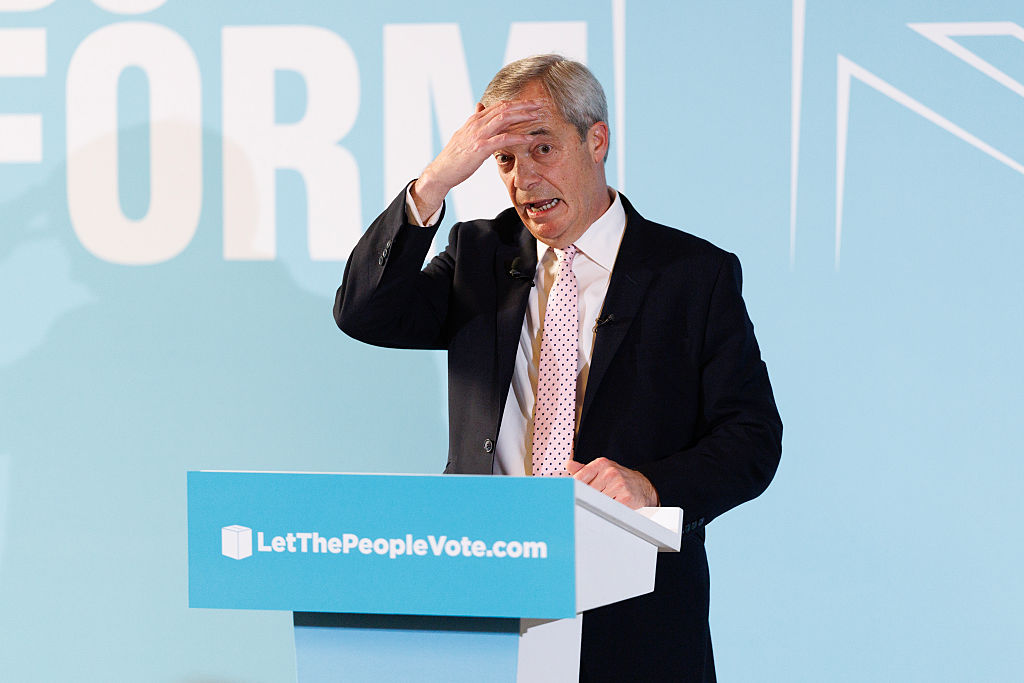The appointment of a special master is usually a case of much ado about nothing. Except with Donald Trump and his war with the Department of Justice, there is never “nothing.”
A special master is an independent party appointed by the court, in this instance to “review the seized property for personal items and documents and potentially privileged material subject to claims of attorney-client and/or executive privilege.”
In other words, the master will look at the pile of documents and other items seized from Mar-a-Lago by the DOJ under its search warrant and decide which ones they can keep to review and use in their prosecution and which ones are not allowed based on the limits of the warrants and privilege. Search warrants are written to be as broad as possible in the taking from a property (in this case, anything that was part of Trump’s White House term). Special masters exist to limit under the law what can be used.
The DOJ has already acknowledged it scooped up too much: Trump’s passports have already been returned as will his tax and medical records. None of that has anything to do with the question of whether or not Trump illegally held classified material, that alleged crime being the justification for the search in the first place. While it is easy to assume naughty intentions on the part of the DOJ, and there may have been, it is not uncommon for non-material things to be swept up in a search. For example, searches tend to grab any and all electronic devices to be scanned later for their contents.
But passports and tax records aside, the real issue at play with the Trump special master is privilege, those documents that fall under a protected category and should not be available to the DOJ. The first generally non-controversial category is attorney-client privilege. By law, communications between a client and his attorney, to include legal strategies, draft documents, suggested filings, etc., are hands off. The most common use of a special master is to weed out such documents clearly covered by attorney-client privilege.
In every search cases bar one (you already guessed which one), the special master’s work begins and ends with rooting out those attorney-client privileged documents. However, as the first former president ever to have his property searched, Trump introduces a new category: executive privilege. In its most basic form, the doctrine of executive privilege defines the authority of the president to withhold documents or information in his possession or in the possession of the executive branch from compulsory processes of the legislative or judicial branch of the government, such as search warrants.
The concept evolved out of the recognized need for the president to receive tough, unbiased advice and engage in frank debate inside the Oval Office in the making of policy. Keeping this back-and-forth from Congress, the courts, and the public was seen as essential to ensuring the president always heard the tough medicine he needed to hear, undiluted so as to look good if exposed to public scrutiny. If an advisor had to worry about what he said showing up on the front pages of the New York Times, he might very well hold back or sugarcoat needed advice.
Trump argues that much of what DOJ seized falls into the category of executive privilege. (He’s no stranger to the concept: Trump repeatedly asserted the privilege as president to block records and testimony from Democrats’ congressional investigations, including during the first impeachment.) Joe Biden back in May waived his own executive privilege over what Trump held, suggesting other documents with Trump do not carry executive privilege since Trump is no longer president and Joe is. The DOJ seized documents and began working with them based on the assumption that former presidents had no right to executive privilege, that that ended the day they left office.
But no one before Trump had ever challenged the doctrine over a search. It has never been looked at in-depth by a court. The special master is thus being dropped into the middle of a debate that could ultimately end up at the Supreme Court.
The Constitution is silent on executive privilege. It just evolved, rooted in the separation of powers doctrine. United States v. Nixon, Watergate, is about as close as things came to sorting out Trump’s dilemma legally. That case established that even a president has a legal duty to provide evidence of his communications with his aides when the information is relevant to a criminal case. By requiring Nixon to turn over tape recordings of private conversations he had with his aides about the crimes connected with Watergate, the Supreme Court framed how to define executive privilege in a judicial setting.
Even before the Nixon decision, however, some courts required the executive branch to provide governmental records and documents prepared for the president. In other civil cases, the courts have held that the applicability of the privilege should be decided on a case-by-case basis by weighing the need for justice against the proper need for confidentiality. The Supreme Court last year side-stepped the question in Trump’s bid to block White House records from the January 6 committee, and Biden then waived privilege as keeper of the records, leaving it a grayer area in the law. As with Nixon, the Court held that the sitting president is “in the best position” to make privilege determinations.
Biden’s blanket assertion that he alone can determine executive privilege as the lone executive sharpens the challenge Trump is working toward in this case: does a former president retain executive privilege? Further, does that executive privilege apply to blocking the executive branch itself, in this case the Department of Justice? Trump’s hope is the special master will say yes and provoke a challenge from DOJ. The DOJ hopes to circumvent that challenge by appealing the appointment of the special master. The current judge has until September 15 to consider the appeal before the DOJ bypasses that court for the 11th Circuit in search of a decision.
What might happen? If the DOJ successfully appeals the appointment of the special master, Trump will likely lose control of the records.
If the courts allow the special master, then to eventually win a court order shielding the records permanently, Trump would first have to establish that he can assert executive privilege even though he is no longer in office. Trump would then have to overcome Biden’s (and the Supreme Court’s) position that executive privilege over the materials is held by the sitting president. Lastly, Trump would have to show his harm from privilege violations outweighs the government’s need for the documents in its criminal probe into the possession of classified material.
Trump’s is a big ask, potentially on the constitutional level. He has benefited so far from sympathetic judges, a situation unlikely to continue as the DOJ moves its case to higher courts. It is anyone’s guess, but the odds seem in favor of Trump losing, the special master not being allowed to rule on executive privilege, and the DOJ retaining most or all of the documents seized for use in its prosecution. At best, Trump’s legal maneuvers will succeed in slowing down the entire investigation.



